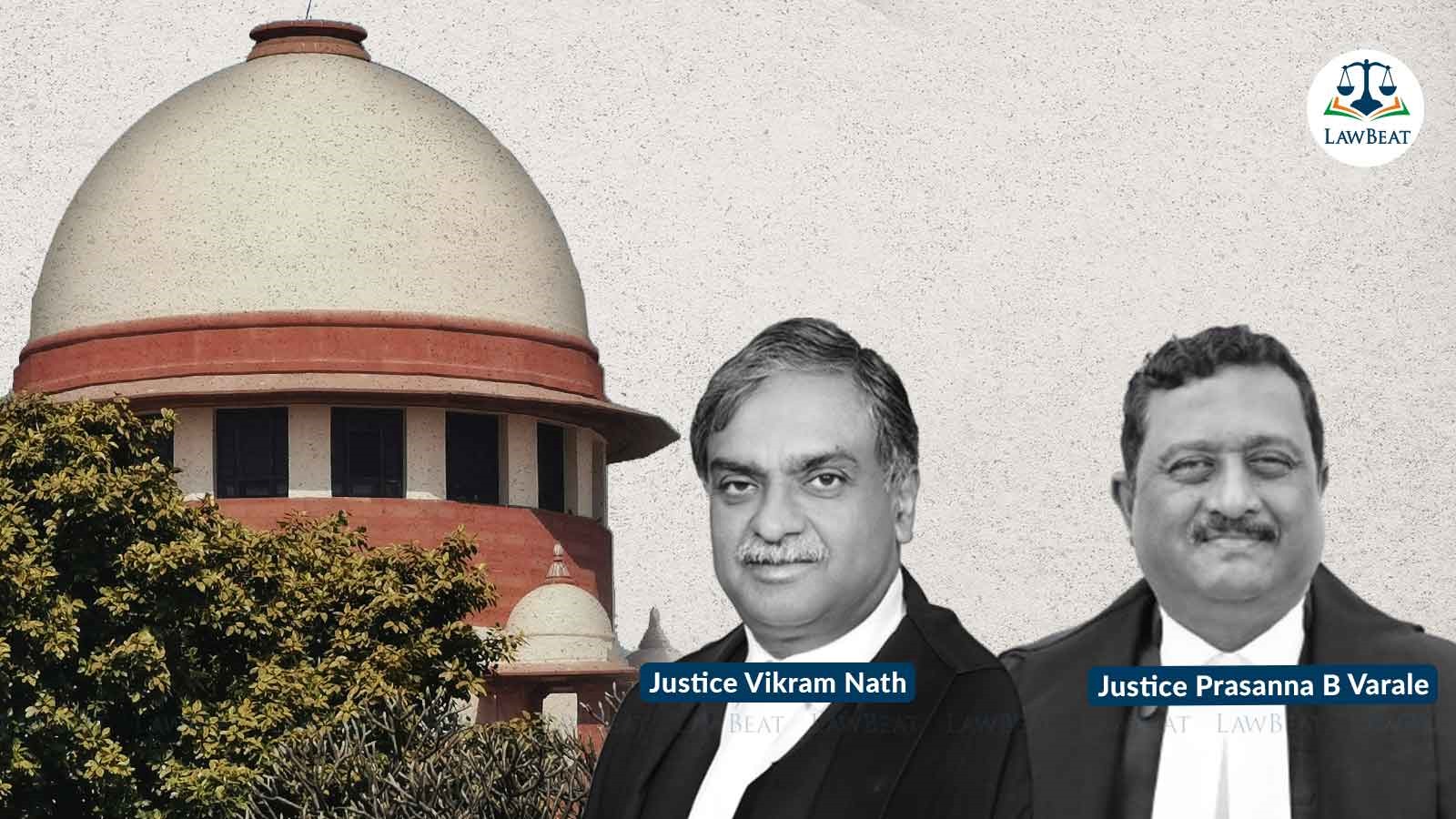Validity of agreement to sale different, doesn't change date of specific performance: SC

SC set aside the High Court's order but in order to do complete justice, it directed the appellants to return within 3 months the advance amount of Rs 80,000 with interest at the rate of 12 % per annum
The Supreme Court has said the validity of the agreement to sale is something different and does not change the date of specific performance, as it found a suit liable to be dismissed on the ground of limitation alone.
A bench of Justices of Vikram Nath and Prasanna Bhalachandra Varale allowed an appeal filed by Usha Devi and others against the Jharkhand High Court's order of 2022 in second appeal which confirmed the judgment and decree of the first appellate court, decreeing the suit for specific performance filed by the respondents, Ram Kumar Singh and others.
During his lifetime, Bihari Lal is said to have entered into an agreement with the plaintiff on July 22, 1983, for the sale of a piece of land along with superstructure for a total sale consideration of Rs 70,000. Out of the said amount, Rs 1,000 was paid in advance.
As per the said agreement, the sale deed was to be executed upon payment of the remaining amount of Rs 69,000 within a period of nine months. The sale deed was not executed within the time stipulated.
According to the respondents, the balance amount of Rs 69,000 was paid on September 20, 1985, for which an endorsement was made on the agreement of September 20, 1985, and it was agreed that the sale deed would be executed by November 30, 1985. The plaintiffs respondents were put in possession of the property at that stage.
The sale deed was still not executed, and a fresh agreement came to be executed between the parties on December 17, 1989.
At the time of the execution of the agreement of December 17, 1989, an initial amount of 10,000 was paid. Thus, out of the total sale consideration of 81,000, only Rs 1,000 remained as balance to be paid at the time of the execution of the sale deed.
As per this agreement to sell, the sale deed was to be executed and registered within one month i.e. up to January 16, 1990.
Interestingly, the agreement to sell also incorporated a clause at the end of the document stating that the said agreement would be valid for five years. Since the sale deed was not executed, the respondents instituted a suit for specific performance of the contract in September, 1993.
The defendants, contended the said agreement to sell was a forged and fabricated document and did not bear the signatures their father, who had since died in 1990.
The appellants further alleged that the suit was barred by limitation inasmuch as it was filed beyond the period of three years from the date of performance of the sale deed as per the agreement.
The Trial Court, by its judgment on June 13, 2004, dismissed the suit with costs and held that the suit was barred by limitation.
The plaintiffs-respondents preferred an appeal which came to be allowed, by a judgment in 2005, and the suit was decreed. The defendants were directed to execute and register the sale deed as per the terms and conditions of the agreement of December 17, 1989, after receiving the balance consideration within 30 days.
Aggrieved by it, the defendants-appellants preferred a second appeal before the High Court, which has since been dismissed by the impugned order, giving rise to the present appeal.
Without entering into the other issues, the bench said, "We are convinced that the suit was barred by limitation. The limitation under Article 54 of the Limitation Act, 1963 for instituting a suit for specific performance of a contract would be three years from the date fixed for the performance, or, if no such date is fixed, when the plaintiff has notice that performance is refused."
In the case, the court found that in the agreement of December 17, 1989, it was specifically mentioned that the sale deed would be executed within one month from the date of the said agreement. The period of one month expired on January 16, 1990, and once there is a specific date fixed for performance, the limitation period would be three years from the said date, which would expire on January 16, 1993.
The court noted the Trial Court thus held that the suit was barred by limitation.
The First Appellate Court and the High Court, however, went on the consideration that the agreement further recorded that this agreement would remain valid for a period of five years from the date of the execution of the agreement to sell.
"Placing reliance on this clause, in our considered opinion, is totally irrelevant. The performance was to take place within one month. The validity of the agreement is something different and does not change the date of performance. What was the reason for incorporating this clause of validating the agreement for five years is not spelled out in the agreement, but in any case, it does not change the date fixed for the performance," the bench said.
Holding that, the suit was liable to be dismissed on the ground of limitation alone, the bench said the appeal is thus liable to be allowed.
"We have not entered into the other issues regarding the agreement to sell being valid or invalid," the bench clarified.
The court therefore set aside the High Court's order but in order to do complete justice, it directed the appellants to return within three months the advance amount of Rs 80,000 with interest at the rate of 12 % per annum from the date it was paid to them till the date it is paid.
